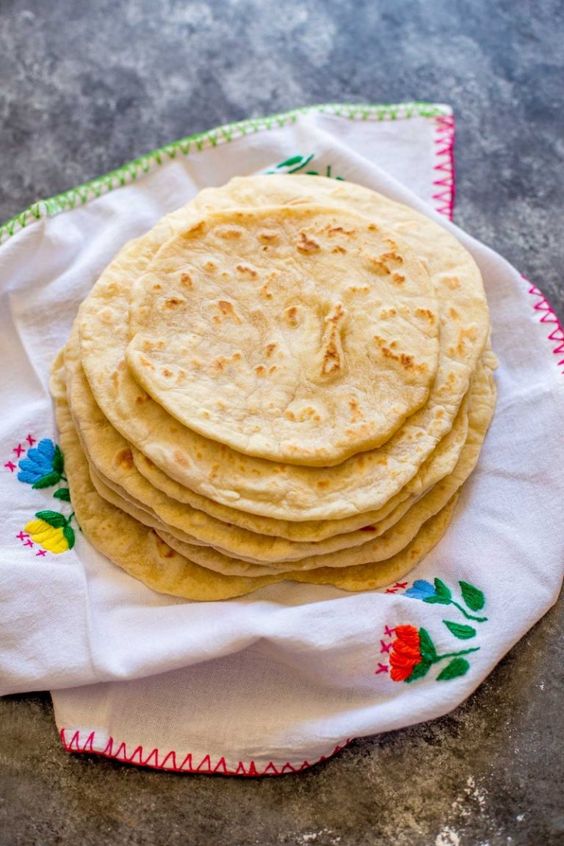Not having much of normal necessities in the kitchen had not phased me until my adult years. My parents did their best at raising us while my mom was fighting a battle none of us knew how to deal with or talk about. She hid it from me and my siblings for years—cancer.
Due to her treatments, she wasn’t around much during the day. I call it the grey area: she had the days to herself while my siblings and I went to school and played around in the ditch near my house until it hit about five o’ clock.
Dinnertime was heaven—my heaven. It was my favorite time of the day. When asked that question in class as a little kid, everyone just laughed, even the teachers.
Dinnertime is when I saw my mom slouched over in a wheelchair, eye bags dark and heavy like the ones in cartoons. We didn’t have much to eat but before mom got sick, she taught me how to make tortillas.
My dad worked two jobs, he was always working. He was the one out in the sun working in construction, always sweaty and tired. Both were overworked, but still at the end of the day, both showed up for dinner.
I had always wondered what my mom meant when she said, Us Mexican’s are like tortillas: adaptable, and ever-changing. At the time, I figured the medicine had finally gotten to her and she was just talking silly as mothers do when they hide something.
Tortillas, especially flour, can go with anything. Bean burritos, or even butter. We had beans, butter, rice, and meat in the fridge. Butter burritos were my favorite. We would heat up the tortillas and then spread butter and roll the tortilla up and eat it—adaptable.
Angelica Mejia
What is the significance of this work to you?
The poem, “The Grey Area” is about my childhood and how I learned to adapt to the challenges that not only me but my siblings faced. My mom’s journey of her recovery from cancer was very much the grey area of our lives, I just chose to document it so I was able to learn and adapt from that part of my life. My other poem, “Remember Me," was written in order for me to process life and death. I had taken care of my great-grandmother for a little over a month before she had passed and I am eternally grateful for that opportunity because it was a pivotal moment of my life and it is what made me decide to become a writer. “The role of the writer is not to say what we can all say but what we are unable to say.” - Anaȉs Nin.
What is the significance of the form you chose for this work?
Vignettes are captivating, they allow your audience to suddenly become a fly on the wall on whatever is the focus of your piece and that’s beautiful!
What was your process for creating this work?
The writing process for my two pieces was to really reflect on my past and draw from it. The two poems are drawn from so many different emotions, good and bad. I write in a way to heal the current me and the future me who will look and reflect back on memories from my childhood.
Angelica Mejia is a first-generation student and an Arizona native. Working as a writing tutor at Pima Community College, she discovered her love for writing and education. She is pursuing a degree in Mild-Moderate Disabilities at the University of Arizona to become a special education teacher. Out of the classroom, she enjoys hiking, horticulture, and cooking. Instagram handle @spooky1__
